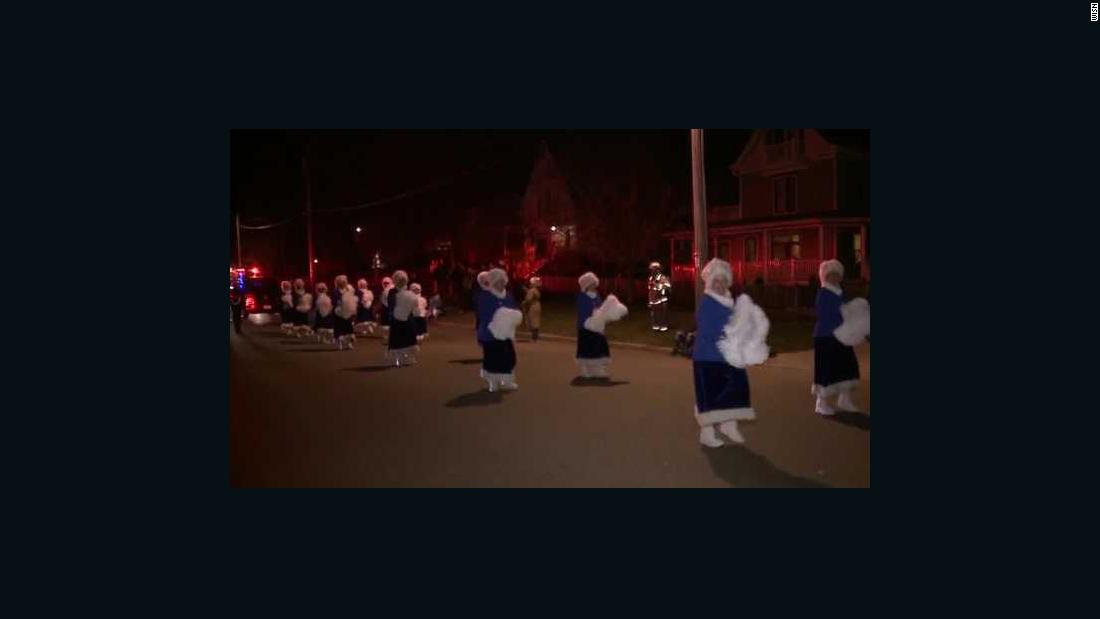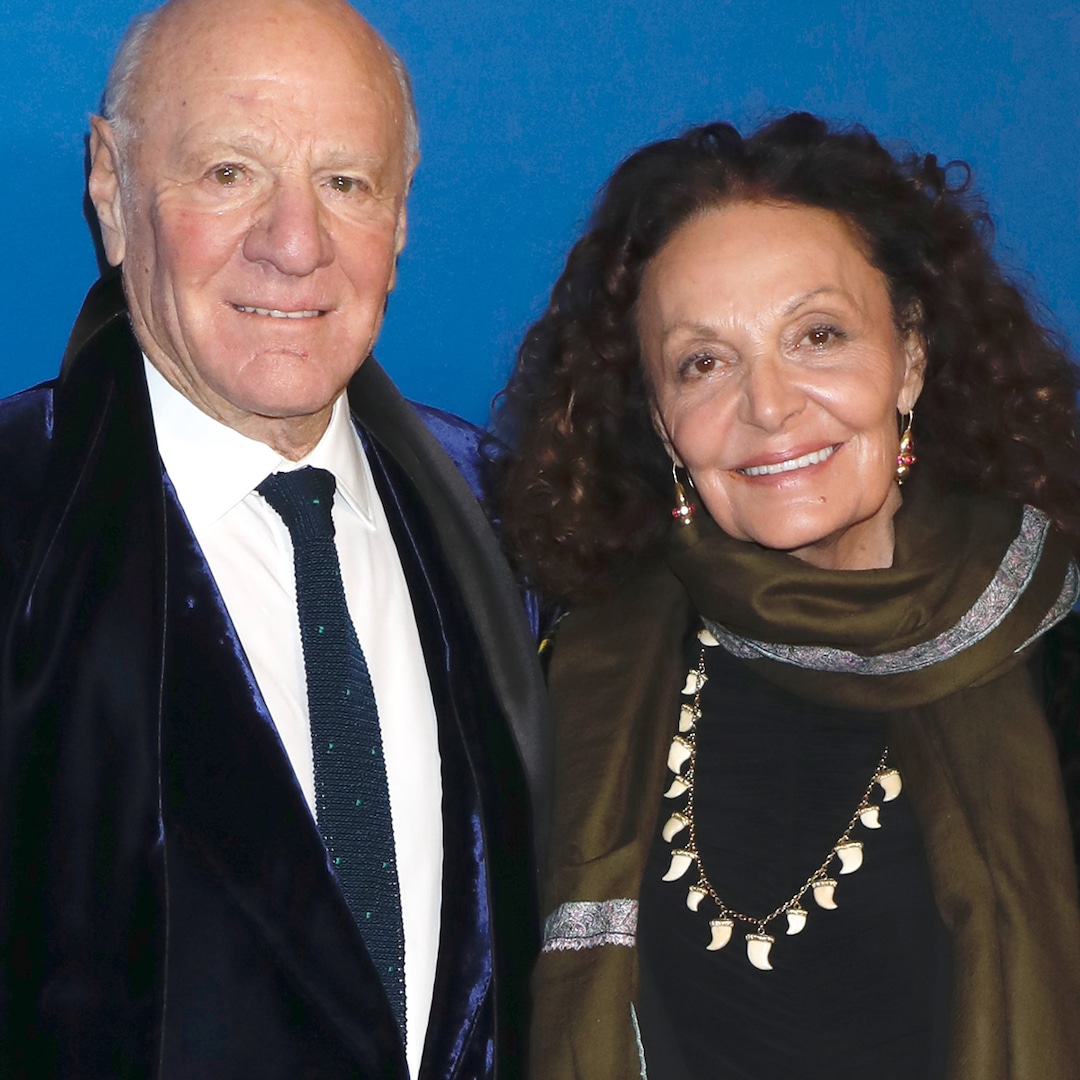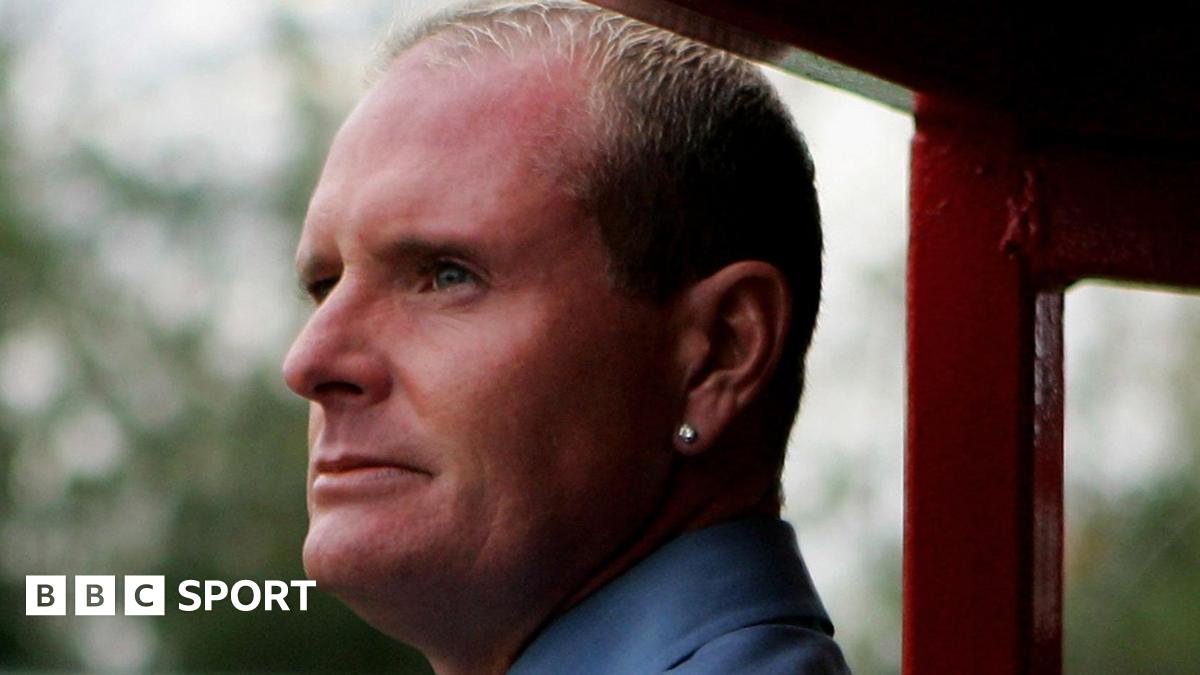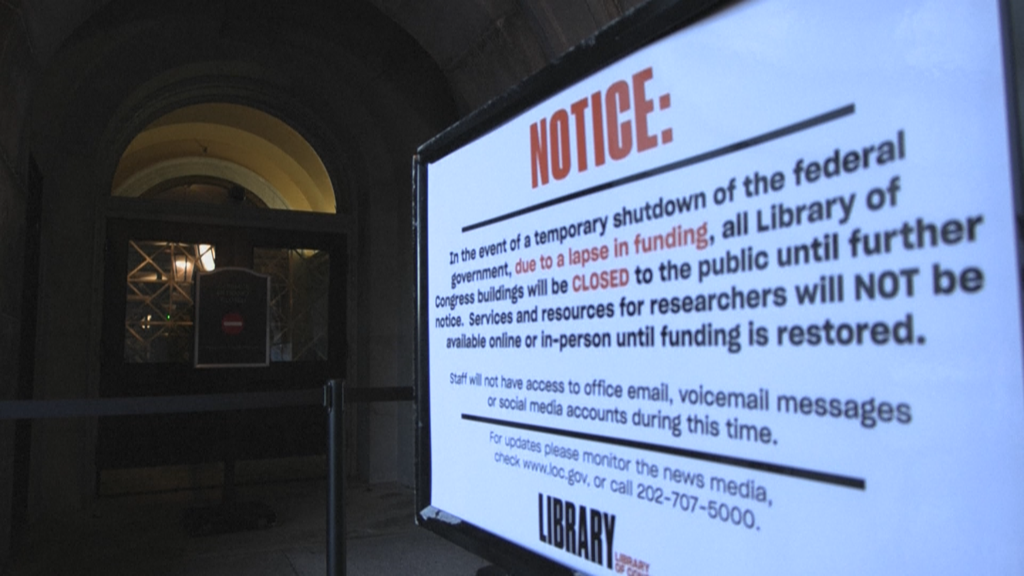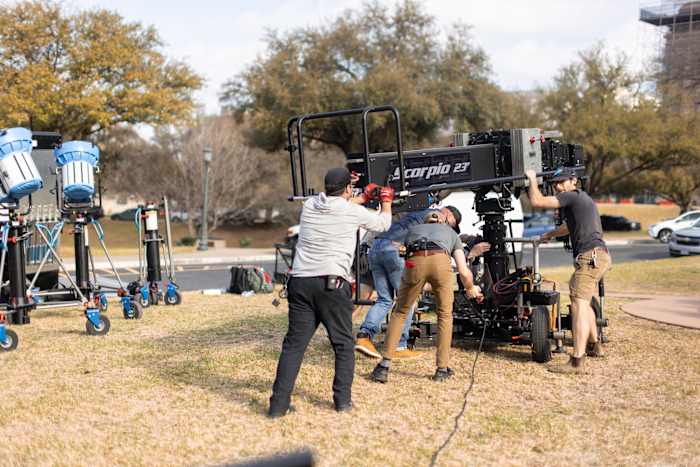Cat Stevens Regales a Life of Musics and Mystics
'70s hitmaker Yusuf/Cat Stevens details his life story of music, religion, and misinterpretation. The post Cat Stevens Regales a Life of Musics and Mystics appeared first on Houston Press.


He didn’t start out wanting to become a singer-songwriter. As a boy and teen, he was more interested in becoming a visual artist, or “serious” composer of classical and musical scores.

But he was also savvy about media. And his birth name of Steven Demetre Georgiou didn’t exactly roll off the tongue. So, after a girlfriend told him that he resembled a cat, and the animal was mentioned in a song he liked at the time, Cat Stevens was born.
But he’d also adopt a third name, Yusuf Islam, after his conversion to the Muslim religion in 1977. How he merged all his identities—not always successfully—he details in the autobiography with the author credit of “Yusuf/Cat Stevens” in Cat on the Road to Findout ($35, 560 pp., Genesis Publications).
As Cat Stevens, he found early success—and even time as a teen idol—with hits like “Matthew & Son,” and his versions of his own “The First Cut is the Deepest” and “Here Come My Baby” (bigger hits for others, though). Dressed in velvet coats, frilly shirts, and with a sound drenched in baroque pop, he found out the hard way about the short shelf life of teen idols.
Disgusted with the music biz and plagued by self-doubt, it took a forced hospital stay to treat TB and a burgeoning spirituality while study Buddhism for him to plan his next career chapter. He retreated to the “redroom” of his café-owning parents’ home to forge the songs, style, and image that would make him one of the biggest musical stars of the ’70s.
“Wild World,” “Peace Train,” “Father and Son,” “Morning Has Broken,” “Moonshadow,” “Hard Headed Woman” “Can’t Keep It In,” “Oh Very Young” “Where Do the Children Play?” and a cover of Sam Cooke’s “Another Saturday Night” were just a few of his successes.
He could both be inspired by a girlfriend—”Lady D’arbanville” was about his model/actress girlfriend Patti D’arbanville—or inspire girlfriends. While dating Carly Simon, she wrote “Anticipation” when he was late arriving at her home. And the decades-long mystery of the identity of the man in “You’re So Vain?” Stevens here writes there’s only one answer—it’s him.
But Stevens was hungrier for something else. His writing took on a more conceptual, world view. And he became immersed in problems of the world while admittedly being a “spiritual tourist.” It took a near-death drowning experience in the sea (where he told God if he was saved, he would begin working for him) and his brother’s giving him a copy of the Qur’an, to set him on an entire new path.
Those coming to this book mainly for the music part might find the pages of Stevens (now Yusuf Islam) detailing the history of Islam, belief system, Qur’an scriptures, interpretation and various religious pilgrimages a bit tedious. But they are nonetheless an important part of understanding his journey. One that plenty of people felt was…misguided? Crazy? Career suicide?
Over the next few decades, Yusuf raised a family and left music behind, considering it haram, or “forbidden” (though he later noted this was false information given to him). He sold all his instruments and gold records and even divided his songs into categories by subject for royalties: those songs mentioning sex and more earthly pleasures had all monies diverted strictly to his charities.
And he concentrated on humanitarian efforts, often involving Muslim schools and community centers. Though he cast a wary on eye the more radical aspects of his faith—as those pursuing the Iranian Revolution—and worried their actions would (and did) paint all Muslims with the same fanatical brush.
That didn’t help Yusuf in 1989 when there was a fatwah issued against author Salman Rushdie for his “blasphemous” novel The Satanic Verses. Yusuf made a series of statements and interview answers where he seemed to be, well OK if the author were to die. Even telling one TV audience that he likely preferred the real man to hang rather than an effigy.
Here, Yusuf notes it was a poor attempt at “British humor” and when no one laughed, he knew he’d stepped in it. That didn’t stop the press from taking off with it. How could the guy who wrote “Peace Train” now seemingly actively root for the death of another creative person? Cue the inevitable record burnings, bans, and outraged editorials.
The next chapters follow Yusuf as a One-Man Peace Force as he gets to global hotspots of political and religious conflict, of which there were no shortage in the 1990s. He also recorded children’s songs with a Muslim basis. The September 11 attacks didn’t help the reputation of his faith. And he and his family would continue to be harassed at any airport of government check station—including deportation from the U.S. and a place on the “No Fly” list.
It was in 2002 when, unexpectedly, music really returned to Yusuf’s life when his son brought home an acoustic guitar. Like a visiting high school friend that you might not have much in common with anymore, it faced Yusuf as if to say, “What are you gonna do about it?”
In the past two decades, the now 77-year-old Yusuf/Stevens has toured and recorded (even secular music!) sporadically. This book comes out in conjunction with a new anthology and string of dates.
Unfortunately, a planned celebratory 2025 U.S. tour has been “postponed” due to visa issues for Yusuf/Stevens and members of his band. And that’s a real shame for two (nearly three) generations of fans who want to take that ride on the Peace Train, now more than ever.
The post Cat Stevens Regales a Life of Musics and Mystics appeared first on Houston Press.







